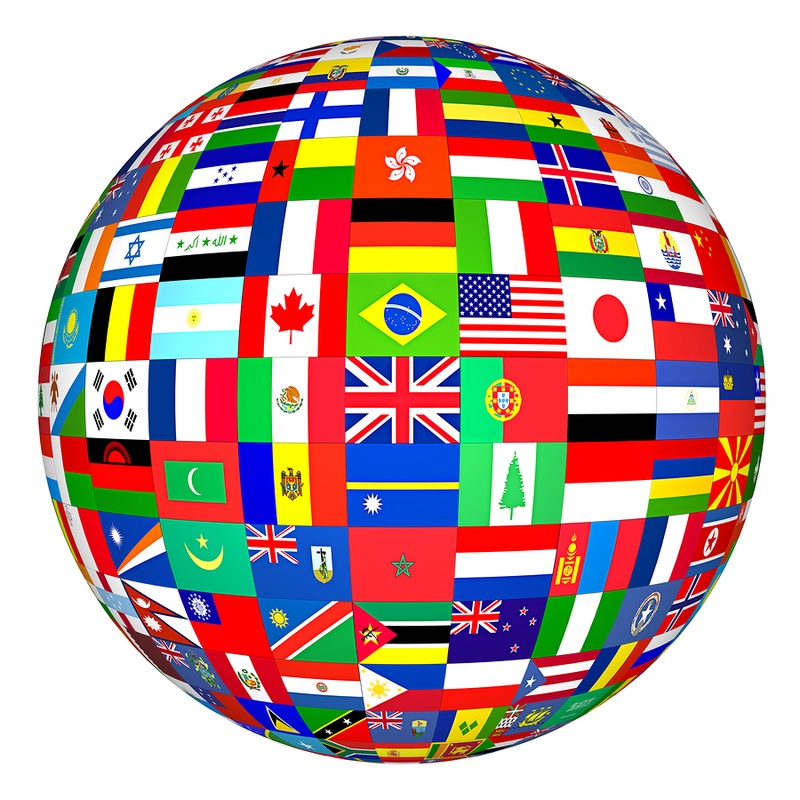Guide to Starting an Import and Export Business in the Philippines
In our recent blog, we have talked about the latest business ideas that you should consider if you are planning to start an import and export business in the Philippines this 2017. As we have discussed, establishing an international trading business in the Philippines is a good idea for it allows you to take advantage of the most in-demand products from all over the world and earn above-average profit from it.
Given that you already have a specific product in mind that you want to import or export, the next step you need to take is to learn how to set up an import and export business properly. In this post, we will discuss a simple guide that will help you jumpstart on your international trading business today.
1. Types of Import/Export Business

image from tradeexim.com
There are different variations of this business, which includes the following:
• Export Management Company (EMC) – Handles export operations for a domestic company that wants to sell its product overseas but doesn’t have the technical know-how or doesn’t have the resources to conduct the operation in-house.
• Export Trading Company (ETC) – Identifies the in-demand products in a foreign market and then hunts down domestic sources willing to export such products.
• Import/Export Merchant – More of like a freelance agent who purchases goods directly from a domestic or foreign manufacturer and then packs, ships and resells the goods on his own.
2. Know the Top Trading Partners of the Philippines

image from 1.bp.blogspot.com
Below is a list of the top 5 countries with which Philippines trades (in order of largest import and export dollars to smallest) are:
• Japan
• United States
• China
• Hong Kong, China
• Singapore
You didn’t have to secure trade deals with importers and exporters in these countries since there are other emerging markets in other countries like in Europe and the Middle East. But as a beginner in the industry, you should familiarize yourself with the biggest trading partners and see what they have to offer.
3. Develop a Comprehensive Business Plan

image from emutuo.it
A comprehensive business plan is essential for every starting business. A business plan describes what you plan to do and how you plan to do it. It should include the following:
• Your business structure, industry, the product or service you specialize in.
• Start-up cost, income and billing, operations structure, budget forecast.
• Your target market; their demographics, buying motives and your plan to win them.
• Your projected income and cash flow statement, balance sheet and other financial ratios.
4. Make Your Business Legal

image from jvlegal.com.au
After you developed a business plan, you will need to register your new business with the Department of Trade and Industry if it’s a sole proprietorship, and to Securities and Exchange Commission (SEC) if it is a partnership or corporation. You will also need various types of licenses depending on the types of products you will be importing and/or exporting. You will also need to register with the city or the municipality where you intend to operate the business as well as with the Bureau of Internal Revenue (BIR).
5. Coordinate with Other Local Start-ups

image from mobilenewsmag.com
As a beginner in the international trading scene, it is wise if you talk to other business owners who are already running a startup venture in the Philippines. They can give some useful advice on how to react to the challenges you will be facing as you take the first steps in your business, and even some practical tips on where to find a good source of suppliers for your products.
6. Find a Reliable and Trustworthy Freight Forwarding Firm

image from gillanitransport.com
One of the most crucial, yet often overlooked decision when it comes starting an import and export business is choosing the right freight forwarding partner. A reliable and honest freight forwarding company provide significant advantages that will not only help you gain a competitive edge but also ensures that all your import and export transactions are done legally, ethically, on budget and on time.
These are just some the basic steps that you should consider when starting an import and export business here in the Philippines. Follow these tips and you can certainly start your very own business that can literally take you all over the world today.
Need a helping hand on starting your import and export business today? Contact Excelsior Worldwide Freight Logistics Corp. today and let us help you in your journey in the import-export industry this 2017 and beyond. Call us at (+632) 525-9775 or email us at wecare@excelsior.ph.
